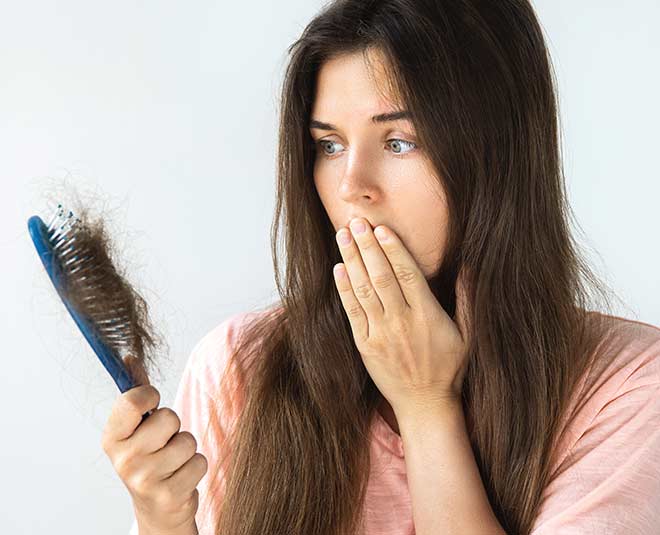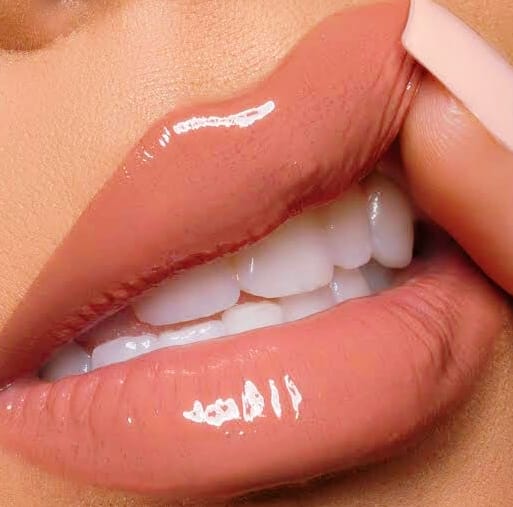The Science of Natural Hair Growth
Promoting Natural Hair Growth
Proper Hair Care Routine:
- Gentle Cleansing: Avoid harsh shampoos containing sulfates, as they can strip natural oils from the hair and scalp.
- Conditioning: Use a moisturizing conditioner to keep hair hydrated and manageable.
- Detangling: Use a wide-tooth comb to prevent hair breakage during detangling.
Scalp Care:
- Regular Massage: Massaging the scalp stimulates blood flow, promoting hair growth.
- Adequate Hydration: Drink plenty of water and use hydrating hair products to keep the scalp moisturized.
Diet and Nutrition:
- Protein-Rich Diet: Consume foods high in protein, like lean meats, fish, and plant-based sources like lentils and tofu.
- Vitamins and Minerals: Ensure you get sufficient vitamins and minerals, such as B-vitamins, vitamin D, iron, and zinc.
- Supplements: If necessary, consult a healthcare professional about supplements that can support hair growth.
Avoiding Heat and Chemical Damage:
Limit Heat Styling: Excessive heat from tools like hairdryers and straighteners can damage hair. Opt for heat-free styles when possible.
Protective Styling:
Braids, Twists, and Buns: These styles can help protect your hair from external damage and minimize manipulation, aiding in growth.
Regular Trimming:
Trim Split Ends: Trimming split ends every 6-8 weeks prevents further damage and promotes healthier growth.
Stress Management:
Meditation and Yoga: Reducing stress can help mitigate hair loss caused by hormonal imbalances.
Consulting a Professional:
Conclusion
Natural hair growth is a journey that requires patience, consistency, and a holistic approach. Understanding the science of hair growth, adopting a proper hair care routine, and maintaining a healthy lifestyle are key to nurturing your natural locks. By embracing your unique hair texture and taking steps to promote its natural growth, you can achieve healthy, vibrant, and beautiful hair that reflects your authentic self.

.jpeg)

.jpeg)
